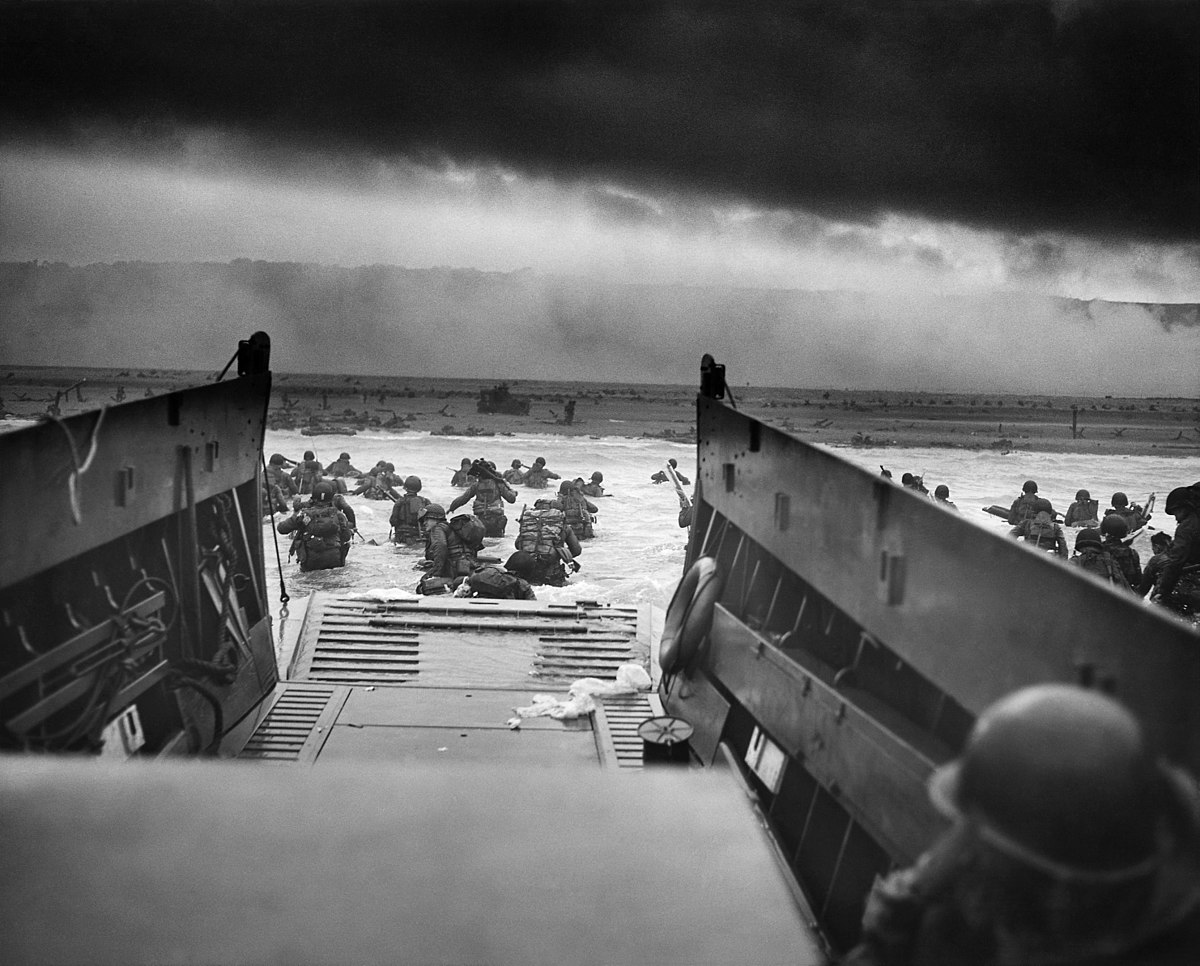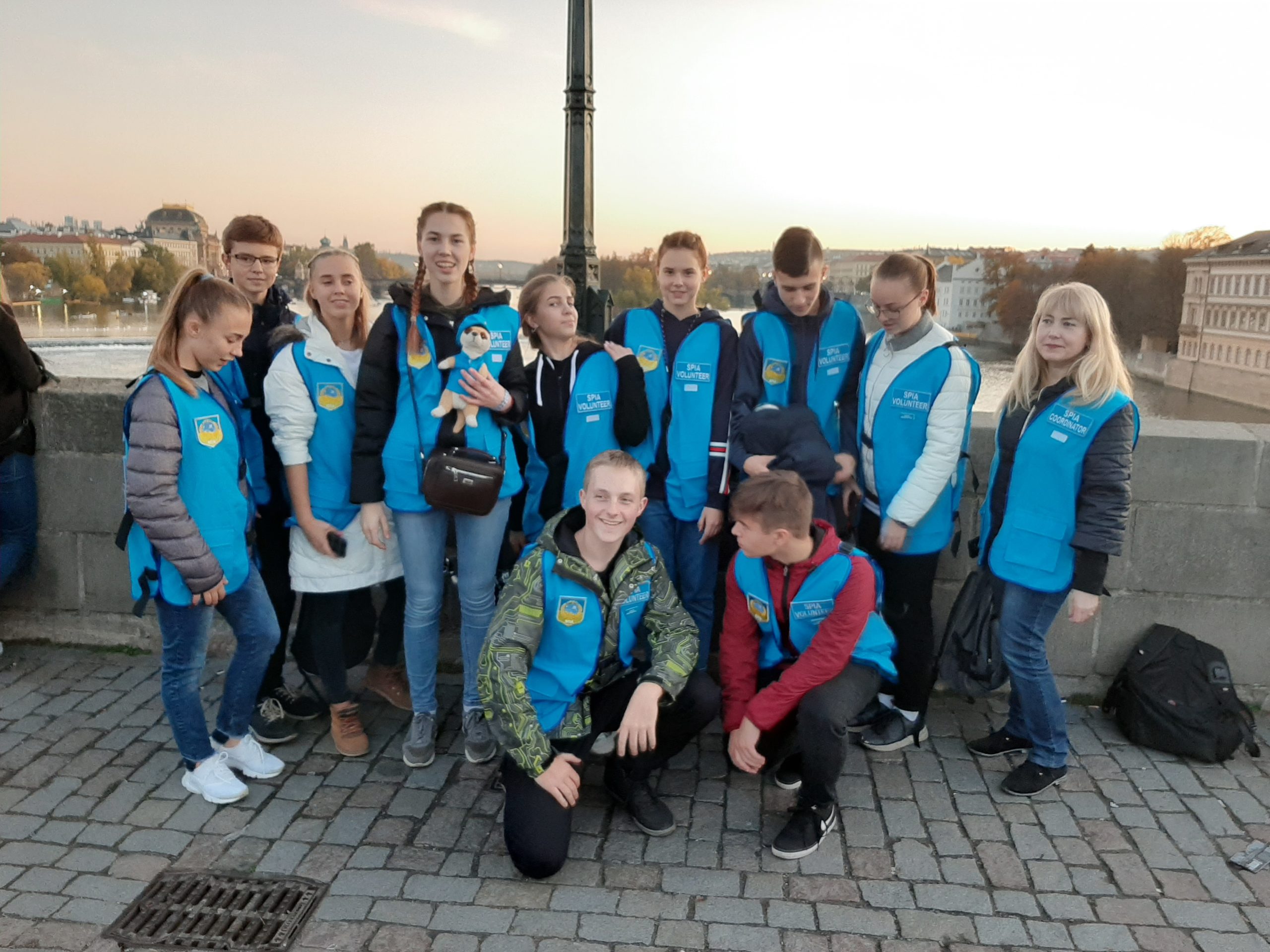
At dawn on June 6th, an armada of more than 4000 transport ships and about 7000 human ships set sail for the Normandy coast. No less than 150,000 men -Canadians, British, Americans, led the Overlord Operation, one of the bloodiest battles of the Second World War against the German army. It was on the beaches of Sword, Gold, Utah, Omaha and Juno that most of the fights took place, causing the loss of three fifths of the Allied army. The D-Day landing opened a new front against Germany and resulted in a decisive Allied victory.
Seventy-five years later, the 2019 ceremonies intend to focus on veterans, who are fewer and fewer in number and must therefore be « honored especially this year » according to Geneviève Darrieussecq, Secretary of State to the Minister of the Armed Forces. President Emmanuel Macron plans to focus on the action of the Kieffer Commando in order to highlight the role of French soldier in the D-Day landing. Despite the feeling of General De Gaulle who described the landing as Anglo-Saxon because of the place reserved for the French who had joined him in London, this Commando, made famous by the film The Longest Day in 1962, insisted on the action and courage of the few French soldiers who participated in the landing. Omaha Beach is now the place where the members of the Commando proudly received and wore their berets to the Anglo-Saxon way, faithful to their origins and traditions. The President of FNAME OPEX and SPIA was attending the ceremonies on 6th and 7th of June 2019, as a former soldier and representative of an association working to maintain peace in the world.
The purpose of these commemorative ceremonies is to solemnly recall the memory of the Allied Landing. Until the 1980s, commemorations were essentially military, marked by a lack of representation of Heads of State and therefore of any political dimension. It was only in 1984, with President François Mitterrand, that the commemoration of June 6th fully became a political ceremony, to which the Heads of State were now invited. According to historian Olivier Wieviorka: « From now on, commemorations are no longer focused on the idea of victory, but on the idea of peace, reconciliation and European integration« . From now on, commemoration is much more international in scope, with a key challenge of pacifying inter-state relations.
In this regard, the anniversary of the D-Day brings together the great winners of the Second World War, recalling their struggle for freedom against oppression and tyranny. On this occasion, many Heads of state were present: among them French President Emmanuel Macron, his American counterpart Donald Trump, Prime Minister Theresa May and Queen Elizabeth II, as well as Justin Trudeau, Canadian Prime Minister. The international ceremony in Courseulles-sur-Mer on June 6th, 2019 is also an opportunity to note the absence of Russian President Vladimir Putin and German Chancellor Angela Merkel, who were not invited this year.
On the agenda for this anniversary: ceremonies, Patrouille de France parade, parachutists, reenactments of military camps, etc. On Saturday, June 1st, 2019, an international concert for peace in Sainte-Mère-L’Église took place, the canton capital of the Manche department, known as one of the first municipalities in France to be liberated on June 6th, 1944 during the Battle of Normandy. On June 3rd, a peace ceremony was held, also located in the department of Manche. Everything was gathered to celebrate the liberation of France, and to pay tribute to these several thousand soldiers who died serving their country. This year, the commemoration wants to emphasize the need for remembrance, as well as the paramount importance of peace. Remembrance and peace are intrinsically linked: it is the memory of wars and the atrocities that accompany them that makes it possible to prevent them from happening again, and thus to create a peaceful international climate in the long term.
This tribute, symbol of union and brotherhood of people for freedom, gets this year a special significance. The shadow of the Brexit hangs over the commemoration. Together, Emmanuel Macron and Theresa May – who are due to leave office on 7 June 2019, the following day – were in Calvados to participate in the foundation of a British memorial. This project, led by both governments and dedicated to those who gave their lives to defend Europe, is emerging as the United Kingdom prepares to leave the European Union.
In addition, the presence of the American President also highlights the weak links that now exist between Europe and the United States. While the D-Day landing sealed the founding links of the post-war multilateral order, these links are now crumbling, mainly as a result of Brexit, but also as a result of the unilateralist policy of the United States.
Thus, the commemoration of the Allied invasion, beyond its mission to pay tribute to the soldiers who died for France and to celebrate the liberation, holds a fundamental role in peacekeeping, a mission that is also the main goal of the SPIA, and for which it carries out daily actions. It is with this in mind that the Association was keen to be physically present at these ceremonies. All the more so as this commemoration highlights the tensions that now exist between peoples who were once united in the defense of peace and freedom. It then serves as a reminder that it is the union and collaboration of its peoples that, in uncertain times, has made it possible to achieve stability in Europe through the constant and uninterrupted mechanism of European integration. All will remember the image of this American paratrooper who relapsed on the Normandy beach seventy-five years later, and more particularly this Franco-American couple who loved each other on the ashes of this landing and found themselves seventy-five years later.

